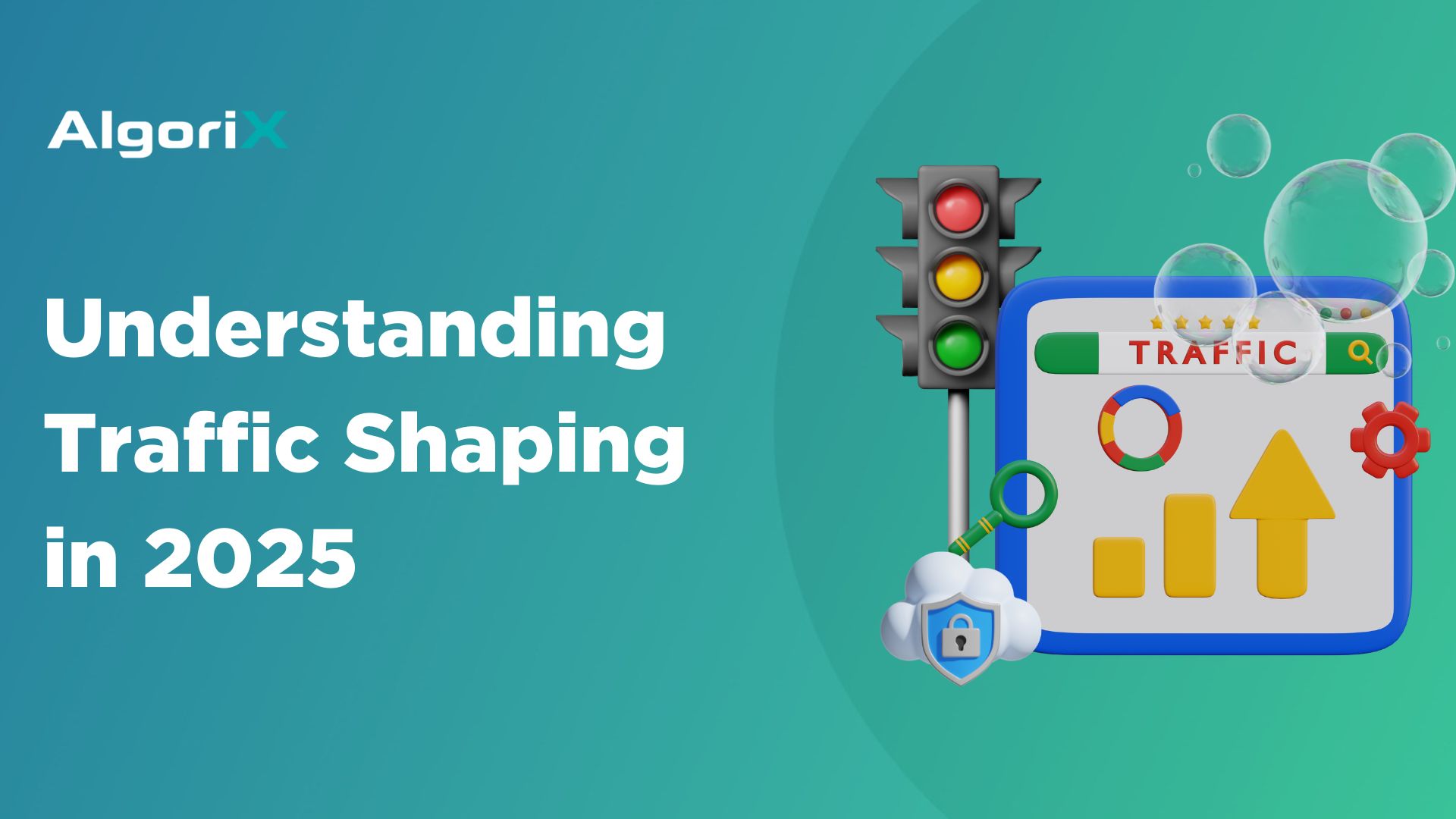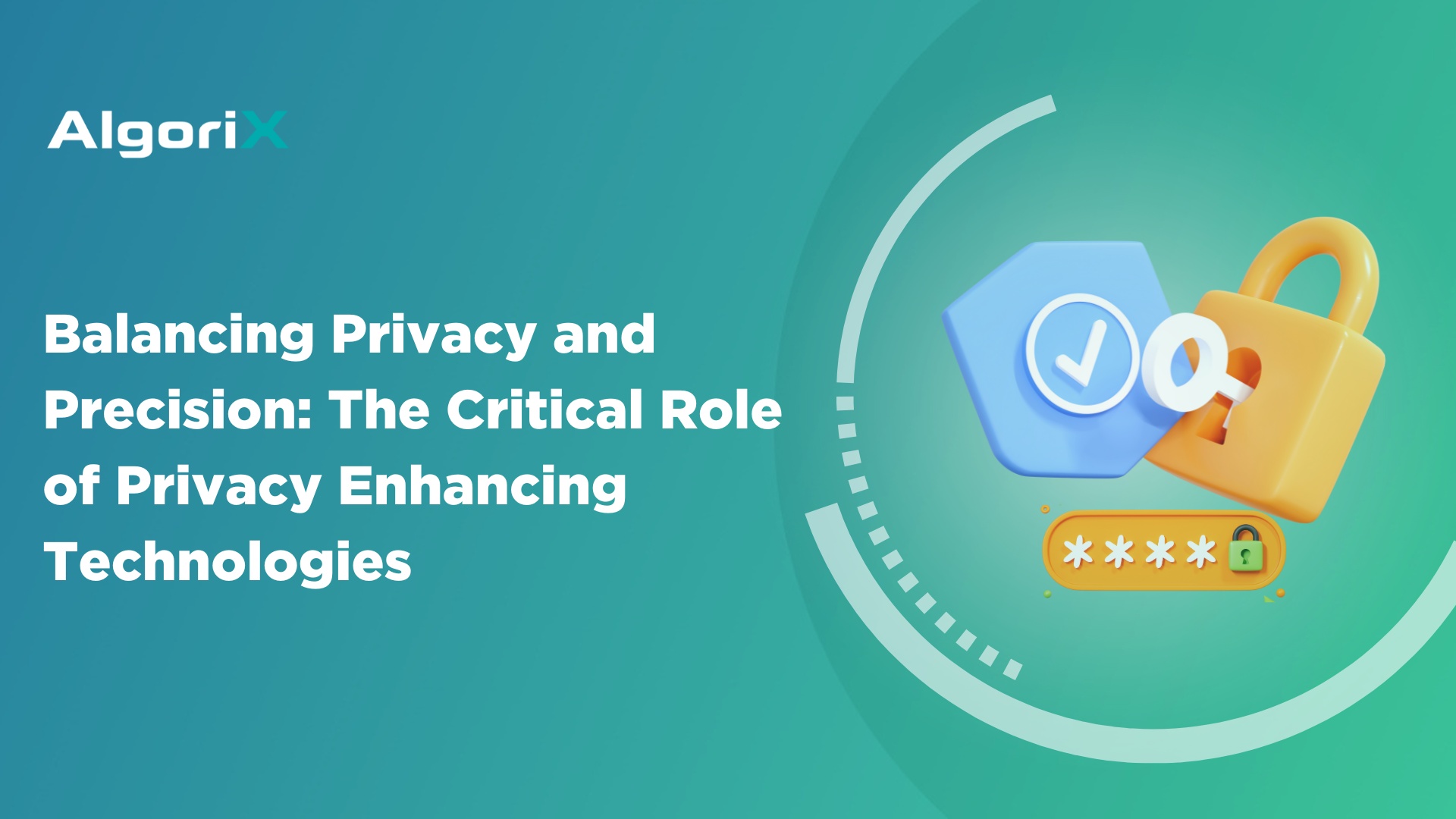Device ID tracking has been a cornerstone of mobile advertising, enabling advertisers to monitor user behavior and measure ad performance across apps. However, as privacy concerns and regulatory demands increase, the methods used to track and utilize this data must evolve. Striking a balance between effective advertising and robust privacy protection is crucial.
Understanding Device ID Tracking
Although not a new concept, Device ID tracking is a foundational element in mobile advertising, helping advertisers monitor and analyze user behavior across apps. Its implementation and significance have evolved significantly over time. This practice involves assigning unique identifiers to devices, enabling advertisers to track ad performance while safeguarding user privacy.
Device ID tracking uses unique device identifiers to monitor user interactions with ads. These identifiers, such as Apple’s Identifier for Advertisers (IDFA) and Google’s Advertising ID (GAID), are crucial for attributing ad performance and personalizing user experiences without revealing personal data.
Current State of Device ID Tracking
IDFA and GAID have historically been central to mobile ad tracking, but their usage has drastically changed recently. Apple’s App Tracking Transparency (ATT) framework, introduced with iOS 14.5, requires users to opt-in for tracking, leading to a significant drop in available IDFA data. As a result, many advertisers are seeing opt-in rates as low as 10-30%. Similarly, Google is developing its Privacy Sandbox for Android, aiming to reduce reliance on GAID while still allowing for effective ad targeting.
Best Practices for Protecting User Privacy
In the realm of Device ID tracking, safeguarding user privacy is paramount. Advertisers must adopt practices that prioritize transparency, data minimization, security, and user control to maintain trust and comply with regulations.
Transparency and User Consent
Transparency involves informing users about data collection practices and obtaining their explicit consent. Using clear privacy policies and consent management platforms (CMPs) ensures users understand how their data is used. According to the Interactive Advertising Bureau (IAB), transparency enhances user trust and is critical for regulatory compliance.
Data Minimization
Data minimization entails collecting only the necessary data for specific purposes, reducing the risk of data breaches and aligning with privacy regulations. To enhance this approach, companies are adopting technologies like edge computing, which processes data locally on devices, and federated learning, which trains models across decentralized devices without sharing raw data. Differential privacy adds “noise” to maintain anonymity, while zero-knowledge proofs allow verification without revealing sensitive information. Additionally, privacy-preserving data aggregation methods like secure multi-party computation ensure that only aggregated, non-identifiable data is analyzed. These technologies help minimize data collection and enhance user privacy.
Security Measures
Implementing robust security measures is essential to protect user data. This includes data encryption, regular security audits, and stringent access controls. According to McKinsey, strong security protocols significantly mitigate the risk of unauthorized access and data breaches. Advanced security measures such as multi-factor authentication (MFA) add an extra layer of protection by requiring multiple forms of verification before granting access. Additionally, techniques like tokenization and anonymization help ensure that sensitive data remains secure and non-identifiable even if intercepted. Regular penetration testing and vulnerability assessments are also critical in identifying and addressing potential security flaws proactively.
User Control and Preferences
Providing users with control over their data is a key aspect of privacy protection. Options to reset or opt-out of ad tracking empower users to manage their privacy preferences. Apple and Google have integrated settings that allow users to control their ad preferences, ensuring compliance with privacy standards.
Compliance with Privacy Regulations
Adhering to regulations like the General Data Protection Regulation (GDPR) and the California Consumer Privacy Act (CCPA) is crucial for ethical Device ID tracking. These laws mandate transparency, user consent, data minimization, and strong security measures. Businesses must inform users about data collection practices, obtain explicit consent, and ensure only necessary data is collected. Robust security protocols, including data encryption and regular audits, are required to protect personal data. Non-compliance can result in severe penalties, including fines of up to €20 million or 4% of global turnover under GDPR, and up to $7,500 per violation under CCPA, highlighting the importance of compliance to avoid reputational and financial damage.
In line with our dedication to privacy, in 2023 AlgoriX joined IAB Europe’s Transparency and Consent Framework (TCF) and signed the Market and Social Research Privacy Code of Conduct (MSPA). These initiatives enhance our compliance and privacy efforts, ensuring we uphold high standards of user data protection and transparency both globally and within the US.
Emerging Technologies and Trends
The future of Device ID tracking lies in adopting new technologies that balance effective advertising with user privacy.
-
Privacy SandboxGoogle’s Privacy Sandbox is designed to develop privacy-preserving alternatives to third-party cookies. Technologies like Topics API group users based on interests without individual identification, maintaining ad effectiveness while enhancing privacy. AlgoriX is proactively collaborating with demand and supply partners to address these challenges, focusing on strategies that ensure effective targeting and privacy compliance. Our commitment to engaging with industry stakeholders underscores our dedication to a balanced and innovative advertising future.
- Alternative IDsAlternative IDs are privacy-focused solutions designed to replace third-party cookies, offering effective ad targeting while protecting user privacy. RampID, for example, uses a combination of encrypted email addresses, cookies, platform IDs, mobile device identifiers, and other pseudonymized offline touchpoints to create anonymized identifiers. This method ensures privacy compliance and maintains ad effectiveness. The partnership between LiveRamp and AlgoriX exemplifies successful collaboration in this space, enhancing addressability within the mobile advertising ecosystem. AlgoriX works closely with demand and supply partners to develop strategies that balance effective targeting with robust privacy protections, showcasing a commitment to innovative and ethical advertising practices.
-
AI-driven Contextual AdvertisingAI-driven contextual advertising analyzes the environment of ad placements, ensuring relevance without the need for personal data. By understanding the content where ads appear, this method tailors advertisements to the context, improving user engagement and ad effectiveness. Techniques like natural language processing (NLP) and machine learning allow for real-time analysis of content, ensuring that ads align with user interests based on the context rather than personal tracking. This approach enhances privacy while maintaining high engagement and relevance in advertising.
The Path Forward
AlgoriX remains at the forefront of these innovations, actively collaborating with industry partners to develop and implement privacy-first solutions. Our commitment to transparency, security, and user control ensures that we are not only compliant with current regulations but also prepared to lead in the evolving digital ecosystem. Join AlgoriX in shaping a privacy-conscious future for digital advertising, where innovation and ethics go hand in hand.













